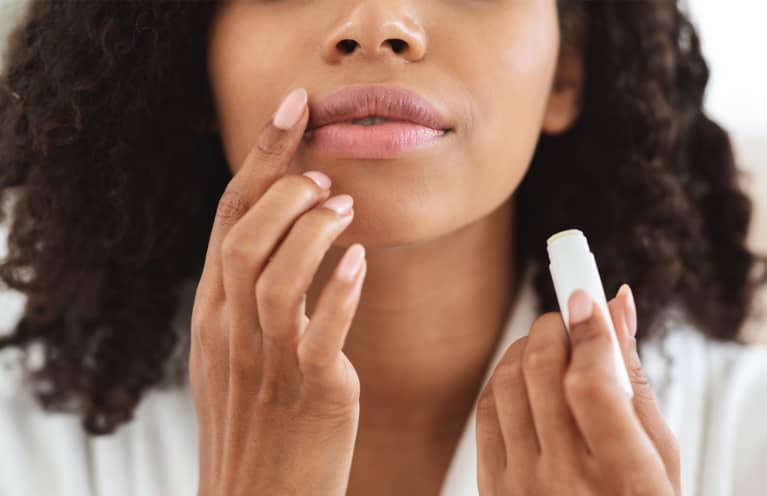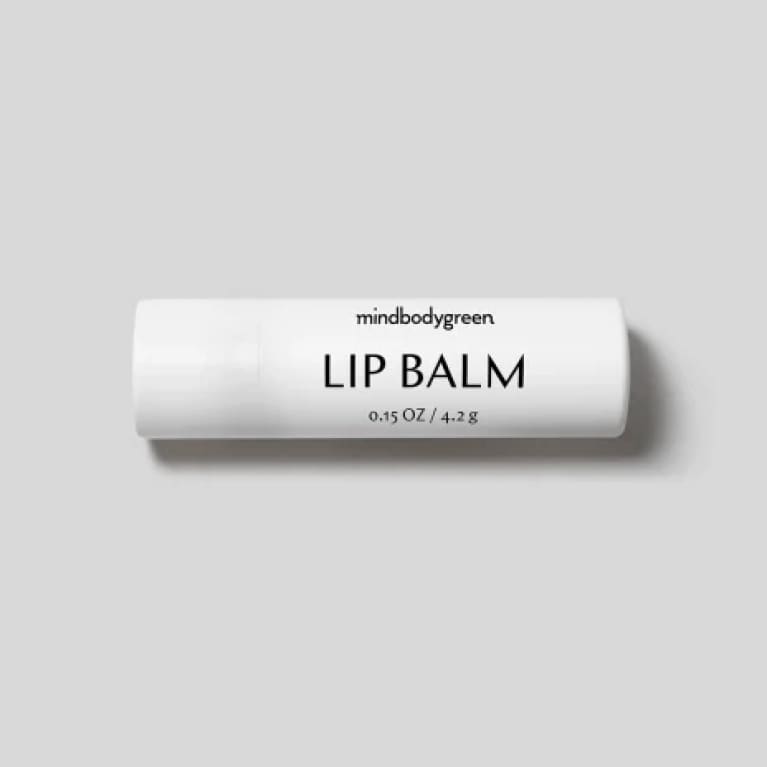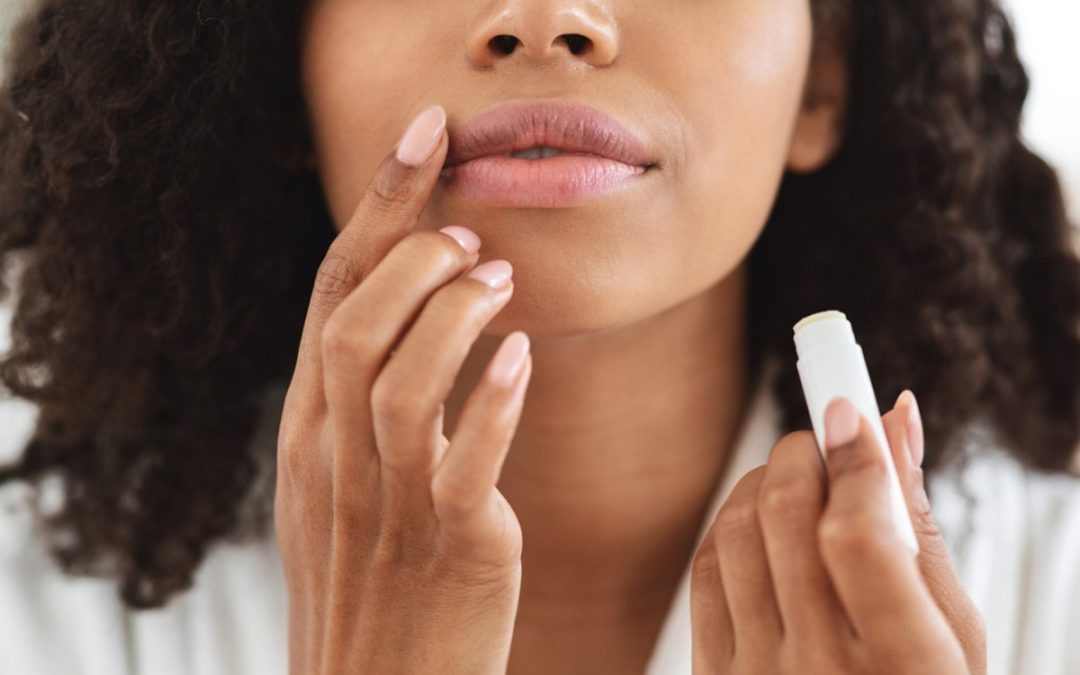
August 30, 2022 — 9:33 AM
In a perfect world, beauty product labels would be straightforward and factual. However, this isn’t always the case: Cosmetics marketing is filled with broad statements, ambiguous directions, and questionable claims. That said, it’s important for consumers to do their own research and take an extra peek at ingredient lists.
One product prone to common mislabeling: lip balm. Specifically, products marketed as vegan can still contain animal-derived ingredients (it happens more often than you think!). Here, a few flags to look out for if you want to ensure you’re getting a truly vegan product:
Beeswax is a common ingredient in lip balms because of its occlusive properties (meaning it locks moisture into the skin). While beeswax isn’t harmful to your skin, and it can be sourced ethically, it’s produced by bees to make their honeycomb, so it’s certainly not vegan.
This ingredient may also be listed as cera alba on the label, so keep an eye out for both terms. While beeswax can provide a great moisture seal, other plant-based ingredients have a similar function (plus antioxidant properties), one of which is sunflower seed wax.
If you tend to reach for a tinted lip balm, you should make sure carmine isn’t listed on the label. This red pigment is derived from the dried bodies of beetles. Fortunately, there are tons of other less invasive ingredients that will add a pop of color to your balm. Here’s a list of our 12 favorite tinted lip balms to get you started.
lip balm
Moringa-based formula which feeds your skin antioxidants, instantly hydrates, and protects your lips

This ingredient functions similarly to beeswax—it seals moisture into the lips. While this may be a safe addition to lip balms, it’s definitely not vegan as it comes from a yellow fat extracted from sheep’s wool.
Lanolin is an effective occlusive ingredient; however, it’s not the only option—botanical oils and plant-based waxes can lock in moisture as well. A few common plant-based alternatives include squalane, hemp seed, moringa seed, and avocado oils.
And if you’re having trouble keeping your lips hydrated, you may want to consider applying your balm to wet lips and using a thicker treatment on top of your balm—think of it like slugging for your pout.
Marketing can be deceiving. Even if your new lip balm has a vegan label, it may still contain some animal-derived ingredients. Be sure to keep an eye out for these three sneaky additions to ensure your product is actually plant-based. If you want to save some time, we put together a list of the 13 best vegan lip balms out there—check it out here.

lip balm
Moringa-based formula which feeds your skin antioxidants, instantly hydrates, and protects your lips
lip balm
Moringa-based formula which feeds your skin antioxidants, instantly hydrates, and protects your lips

https://www.mindbodygreen.com/articles/3-non-vegan-ingredients-often-found-in-lip-balms

